Activités
Depuis sa fondation en 2001, la FSFE travaille chaque jour pour faire avancer la
promotions du logiciel libre en Europe et au-delà. Avec
nos activités concrètes, basées sur les trois pilliers de notre travail nous nous
concentrons sur la protection et l'extension des droits des utilisateurs. Certaines de nos
actions s'étendent sur de nombreuses années tandis que d'autres visent des effets
à court terme, mais toutes font partie de notre mission : donner aux utilisateurs le pouvoir
de contrôler la technologie.
Une autre partie importante de notre travail consiste en un engagement continu
et un travail de fond. Nous sommes présents à des dizaines de conférences par an,
soutenons et maintenons une communautée extraordinaire en leurs
fournissant des ressources utiles. En outre, nous sommes un point de contact
privilégié pour toutes les questions et les demandes concernant la liberté
logicielle, les normes ouvertes et les droits des utilisateurs.
Nous fournissons également des
ressources éducatives de base sur les questions juridiques et sur les
licences des logiciels libres.
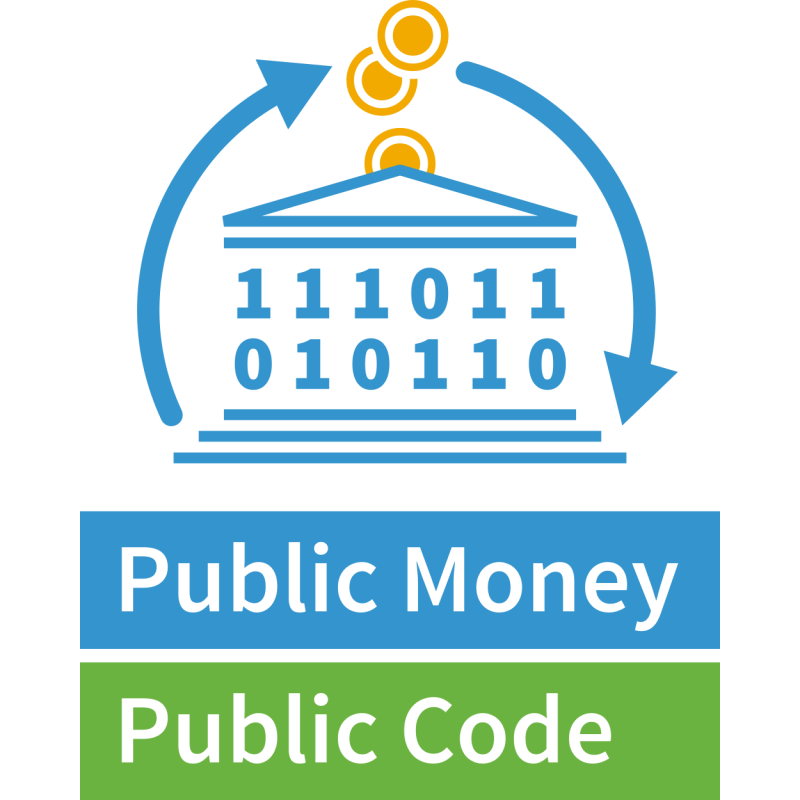
Why is software created using taxpayers' money not released as Free Software? We want legislation requiring that publicly financed software developed for the public sector be made publicly available under a Free and Open Source Software licence. If it is public money, it should be public code as well. Code paid by the people should be available to the people!
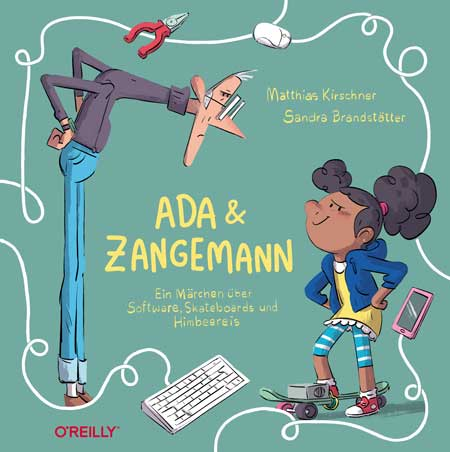
The illustrated book animated movie "Ada & Zangemann - a tale of software, skateboards, and raspberry ice cream" by the FSFE, tells the story of the famous inventor Zangemann and the girl Ada, a curious tinkerer. Ada begins to experiment with hardware and software, and in the process realises how crucial it is for her and others to control technology.
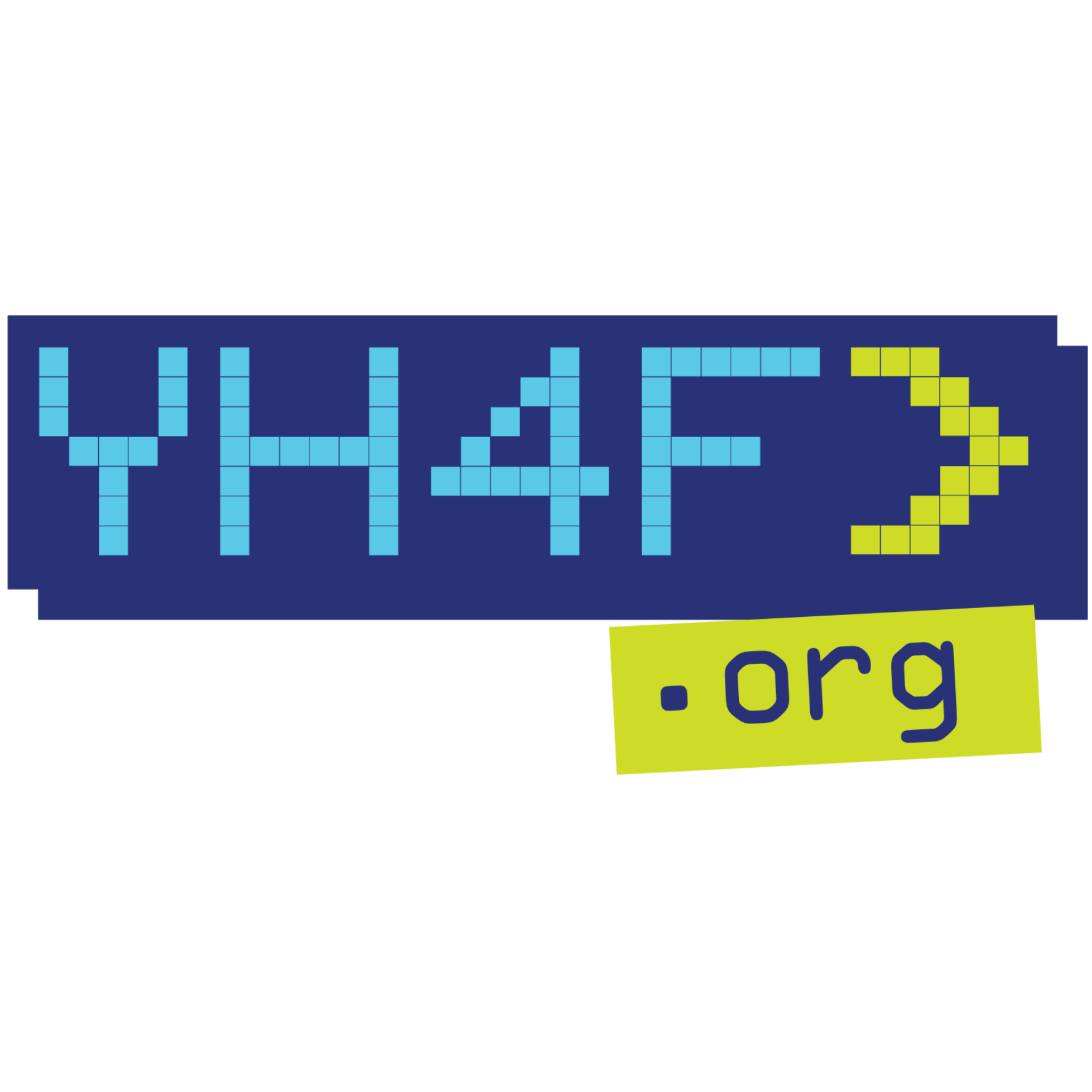
Young people, from all over Europe, compete in Youth Hacking 4 Freedom to win cash prizes by creating programs of their choice licensed as Free Software. The six winners will be invited to the Award ceremony weekend. Youth Hacking for Freedom inspires people to learn programming and to collaborate.
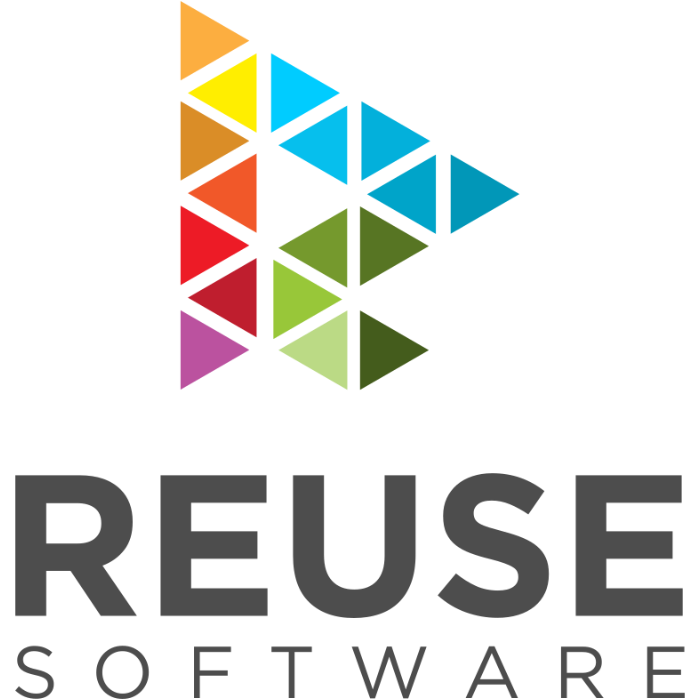
The FSFE is running a project to make licensing easy for humans and machines alike. It solves a fundamental issue that Free Software licensing has at the very source: what license is a file licensed under, and who owns the copyright? REUSE provides easy recommendations in three steps that help users, developers and legal professionals.
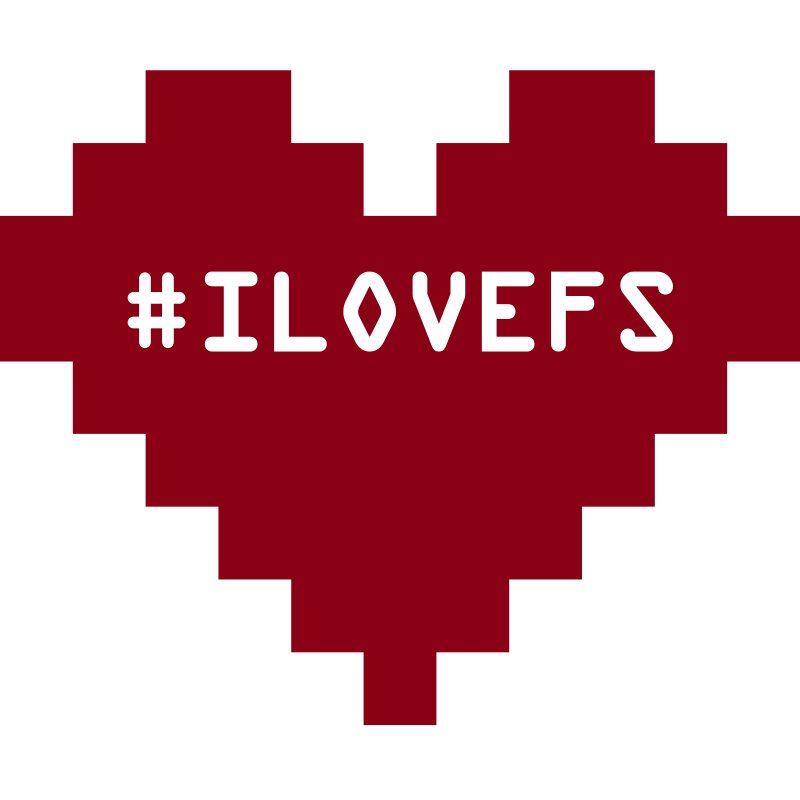
We often underestimate the power of a simple Thank
You. Free Software contributors do important work for our society and the "I Love Free Software Day" on 14 February is the perfect opportunity for you to express your special gratitude. Since 2010, we have celebrated this wonderful annual event with an ever-growing and diverse community. ♥ ♥ ♥
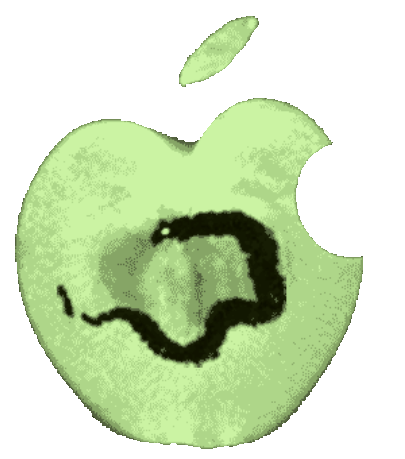
The FSFE is intervening to safeguard Free Software in a key court case involving Apple and the European Commission.
Apple is trying to avoid obligations derived from the Digital Markets Act (DMA).
The FSFE seeks to hold Apple accountable under the DMA in a developer-friendly way.
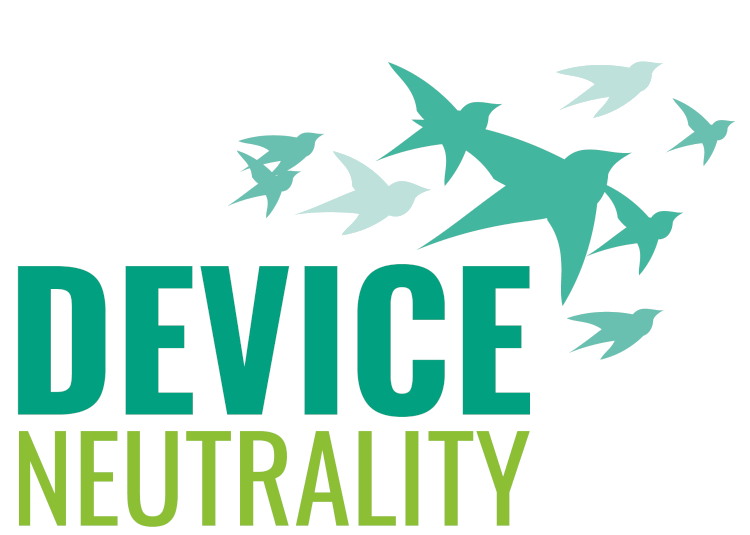
Although digital devices are ubiquitous today, the number of devices on which users cannot run Free Software is exponentially increasing. The consequence is an increased loss of control over users’ technology. Device Neutrality aims to enable end-users to bypass gatekeepers to have a non-discriminatory use of Free Software on their devices.
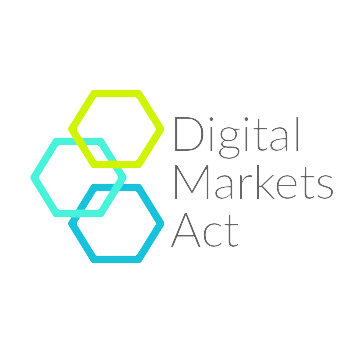
Device Neutrality is the policy concept to regulate monopoly over
devices and re-establish end-user control over their digital equipment.
The Digital Markets Act (DMA) regulates the economic activity of large
digital platforms and introduces Device Neutrality in the EU
legislation, fostering access to Free Sofware in Devices.
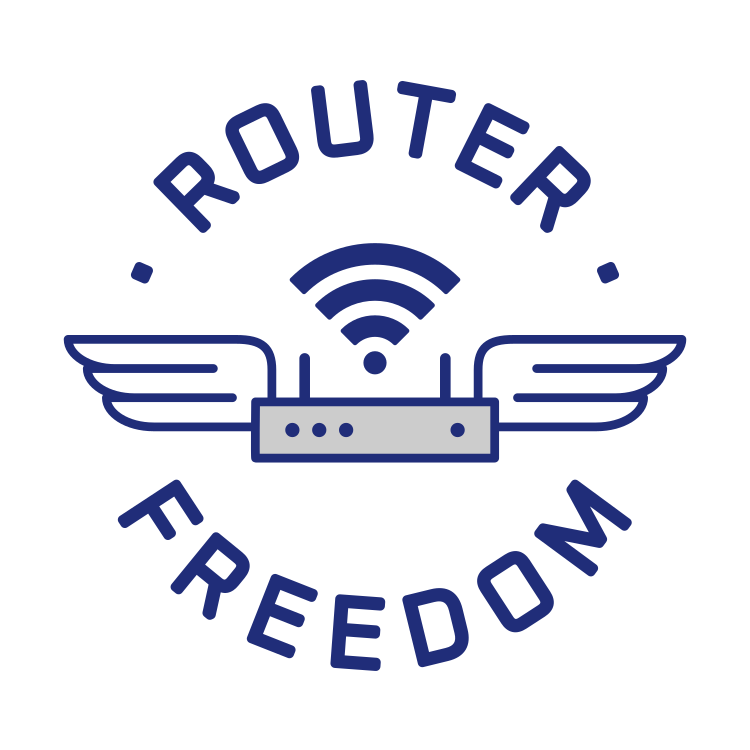
Although we should be free to choose the technical devices we use in our private lives, some European Internet Service Providers are dictating which device their customers have to use to connect to the Internet, or discriminating against owners of alternative devices. This undermines our basic freedom of choice.

Android is a mostly free operating system but unfortunately the drivers for most devices and most applications in the built-in store are not Free Software. This initiative helps you to regain control of your Android device and your data.
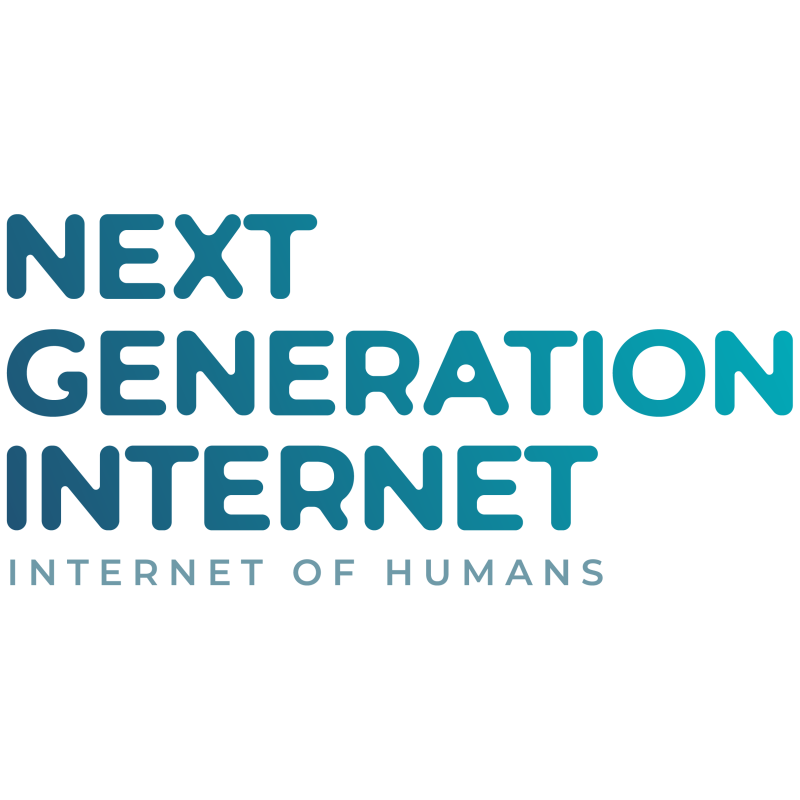
The FSFE is a partner organisation of NGI, a coalition of non-profit organisations from across Europe. Funded by the EC, it provides grants to work on new ideas and technologies that contribute to the establishment of the Next Generation Internet. The FSFE provides legal support for these projects.
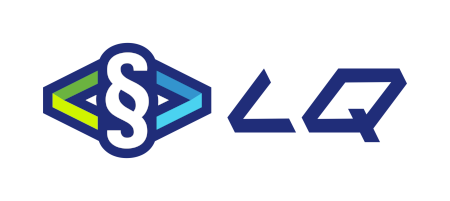
The FSFE’s Licence Questions mailing list is our group of volunteers dedicated to provide help with Free Software licences and compliance. If you need advice on what Free Software licence you should use, or if you want to know more about what rights you have over a piece of Free Software, you can contact us.
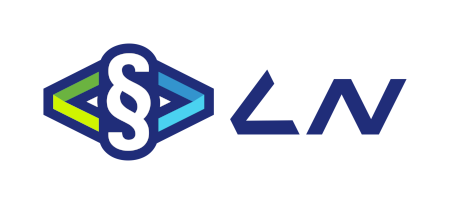
The Legal Network is a neutral, non-partisan, group of experts involved in Free Software legal issues with currently several hundreds of participants from different legal systems, academic backgrounds and affiliations. The aim of the Legal Network is to promote discussion and foster better knowledge of the legal constructs that back Free Software.
Autres activités
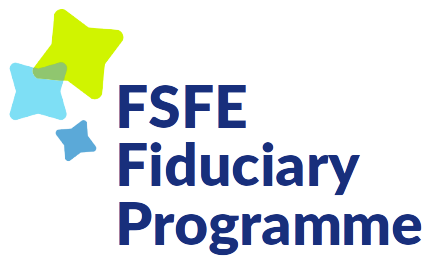
The Fiduciary License Agreement (FLA) allows software projects to assign
copyrights to a named fiduciary for its effective management. This allows
developers to focus on development rather than spending time on legal
administration. While the FSFE is no longer accepting new projects under the
Fiduciary Programme, we continue to offer customisable versions of the FLA)
for your use.

Keep using your phone with Free Software. Upcycling Android explains
the issue of software obsolescence in the Android world and helps
people flashing their phones with Free Software operating systems.
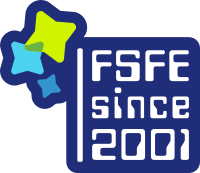
In 2021, the Free Software Foundation Europe turns 20. Throughout
this time we have empowered users to use, study, share, and
improve software. In 20 Years FSFE, we thank everyone who helped
us along the way. Here you will find interviews discussing the
FSFE progress as well as technological issues. You are welcome to
celebrate with us!
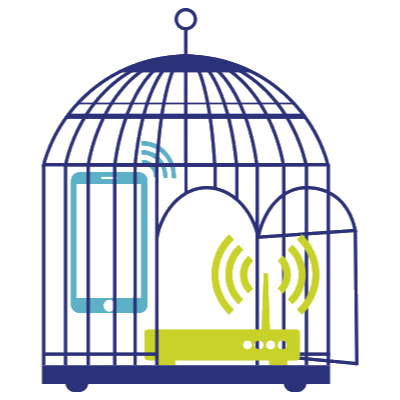
An EU regulation may make it impossible to install a custom piece of
software on most radio devices like WiFi routers, smartphones, and
embedded devices. It requires hardware manufacturers to implement a
barrier that disallows users to install any software which has not been
certified by them.

What could be a better time to ask politicians about their stance on Free
Software and Open Standards than the run-up to an election? We believe we
can and should raise these issues in all elections, European, national,
regional and local. Depending on the electoral system and culture, we use
different strategies and tools.
We are working towards a world where software does what software
users want it to do. For this, software users must be able to
participate in the development and distribution of the software.
Software patents block this goal by adding legal and financial
risks to software development and distribution and by giving the
patent holders legal power to completely prohibit software
developers from using the patented ideas.

The FSFE is part of these European consortium to promote and raise awareness about the importance of Free Software, Open Data, and Open Hardware among academia, business, industry, and innovation supporting organizations. As a big part of our work, we are promoting the REUSE specification as an important element for licensing compliance.

An initiative to bring Free Software in the education sector by increasing
the digital sovereignty and competence of students and teachers. Created by the
Zurich chapter, 'Lernen wie die Profis' was awarded the DINAcon Award. The activity is in German.
The PDFreaders initiative aims to shine a spotlight on government
organisations that promote proprietary PDF readers. With the help of
activists across Europe, we have contacted these organisations and told
them how they can improve their websites to respect our freedom. On
pdfreaders.org
we present Free Software PDF readers for all major operating systems.
DRM.info est une plate forme collaborative initiée et maintenue par la FSFE dans le but d'informer le public sur les dangers présentés par les DRM (Digital Restrictions Management - Gestion des Restrictions Numériques), et également de rendre visibles les problèmes qui se posent à différents groupes. Les contributeurs de DRM.info incluent des associations de défense des droits numériques, des défenseurs des consommateurs, des activistes du net et des bibliothèques.
In 2001 the European Union started investigating Microsoft's dominant
position in the market for desktop operating systems. The FSFE represented
the interests of Free Software developer as a public interest organisation
who cannot be bought off. Thanks to the excellent work by all involved
parties, the case was won in all rulings up to the European Court of
Justice in 2012.
FOSS4SMEs was a two-year collaborative Erasmus+ project to spread and
increase knowledge about Free Software. The FSFE collaborate with the other
partners to develop free online educational resources for managers and
employees of small and medium-sized enterprises (SMEs).
The Slovak company EURA faced fines of 5600 euros for not purchasing and use
Microsoft Windows operating system for submitting electronic tax reports.
The Slovak tax administration gave EURA the option to either buy and use
Microsoft Windows or face the fines. The FSFE assisted in this case
advocating for platform-neutral solutions for such procedures. Unfortunately,
the court ruled against Free Software and Open Standards, but we were able to
raise awareness about these wrongdoings in Slovakia and beyond.
This activity was specifically targeted at the Dutch education sector, with
the aim of enabling citizens to have free access to education and public
institutions, both online and offline. By promoting the mandatory use of
Open Standards and platform-independent access to all materials, students
and parents will be able fulfil their potential for personal growth and
development without being dependent on a company.
Can a company modify GPL-licensed software on a third-party device? Router
manufacturer AVM accused Cybits of copyright and trademark infringement
for modifying the original router firmware, which is largely based on the
Linux kernel. Together with gpl-violations.org, we successfully convinced
the court that the terms of the GPL licence are binding: software under
this licence can be freely modified and installed, even if it is supplied
as part of the firmware of an embedded device.
Le Forum de la Gouvernance Internet (IGF) est un forum de discussion des politiques globales au sein des Nations Unies, établi lors du Sommet Mondial de la Société de l'Information (WSIS) des Nations Unies. La FSFE suit les travauxde l'IGF pour s'assurer que les discussions politiques en cours ne mettent pas en danger les libertés numériques en général et le Logiciel Libre en particulier.
Le projet SELF (Science, Éducation et Apprentissage en Liberté) a pour but de créer un dépôt de supports pédagogiques sur les Logiciels Libres et les Standards Ouverts. Il s'en donne les moyens en fournissant une plate forme de développement collaboratif des supports pédagogiques, ainsi qu'en s'engageant dans le développement des outils pédagogiques qui font actuellement défaut.
Since the beginning of the standardisation process for Microsoft's Office
Open XML - OOXML (hereafter MS-OOXML), the FSFE has raised serious doubts
about whether MS-OOXML can be considered open. FSFE was the first to raise
the issue in the community, led the movement against the standardisation
of MS-OOXML, and has been closely following developments over the years.
Une seconde directive portant sur l'application des "droits à la propriété intellectuelle" a été proposée par la Commission Européenne. Elle vise à criminaliser toutes les infractions "intentionnelles" ou à une "échelle commerciale", et à donner le droit aux détenteurs des droits de participer aux enquêtes. La FSFE va démontrer aux institutions européennes comment une telle loi peut encourager les abus du système judiciaire et avoir un effet négatif sur certaines activités pourtant légales.
Au cours de l'année 2006 a eu lieu un processus de consultation publique pour la rédaction de la version 3 de la GNU General Public License. Cette licence, couramment appelée "la GPL", est de loin la licence la plus utilisée pour les Logiciels Libres. La Free Software Foundation Europe soutient ce processus de consultation en sensibilisant le public sur la GPL, en facilitant la participation des gens au processus, en publiant des informations permettant aux autres de favoriser cette sensibilisation et en organisant des conférences.
L'Organisation Mondiale de la Propriété Intellectuelle (OMPI) est l'une des 16 institutions spécialisées du système des Nations Unies. Son rôle est d'administrer les 24 traités internationaux ayant trait aux différents aspects de la propriété intellectuelle. En tant qu'observateur de l'OMPI et en union avec une coalition mondiale d'autres acteurs aux buts similaires, la FSFE travaille à remodeler cette institution en une "Organisation Mondiale de la Richesse Intellectuelle" ("World Intellectual Wealth Organisation.")
Le Sommet Mondial sur la Société de l'Information (SMSI) est une conférence de
l'ONU, organisée par l'ITU (International Telecommunication Union), au cours de
laquelle devraient être posées d'importantes pierres angulaires pour la société
de l'information et de la connaissance. La FSFE participera, avec d'autres
sociétés civiles, pour s'assurer que les principes de l'ère numérique ne soient pas
déterminés seulement par l'industrie des médias et les gouvernements, et que les
droits de l'homme ne seront pas invalidés techniquement.
The Brave GNU World was a monthly column published from 1999 to 2004,
addressed at both technical and non-technical readers. Its aim was to
provide an insight into current projects and developments based on the
Free Software philosophy. The Brave GNU World was translated into 9
languages, making it probably the most widely distributed monthly column
in the world.
The GNU Business Network had the vision to network all companies,
developers and users in and around Free Software in a way that the
potential synergies are encouraged and informed decisions become possible.
The goal was to have Free Software classified by UNESCO as an Intangible
World Heritage and registered in the World Memory Register (another UNESCO
project). The Free Software community and UNESCO share the same values of
freedom, equality and fraternity. Such recognition would be a great boost
for Free Software.
The AGNULA project aimed to create a fully functional, completely Free
Software GNU/Linux distribution for professional audio users. Run by key
players in the audio community, and funded by the European Commission, the
FSFE was a partner in the project, taking care of the legal issues, its
long-term aspects, and making sure that the interests of the Free Software
community were heard.
The European Copyright Directive (EUCD) was the European equivalent of the
US Digital Millennium Copyright Act (DMCA). These laws lead to the
creation of monopolies and cartels, and pose serious obstacles to freedom
of speech and the press by providing means for digital censorship. The
FSFE has been actively involved in opposing such harmful legislation.
The TUX&GNU@school column was a regular column about Free
Software in education written by by Mario Fux. It informed about
educational Free Software, useful web sites on the topic and
other interesting topics for teachers, students and all software
freedom advocates.
Free Software is often referred to as "Open Source". But we are
convinced that Free Software is the better term: easier to
understand, harder to abuse, well-defined, providing additional
value, and offering freedom. We connected companies,
organisations and even co-founders of the Open Source movement
that prefer to use the term Free Software.



















